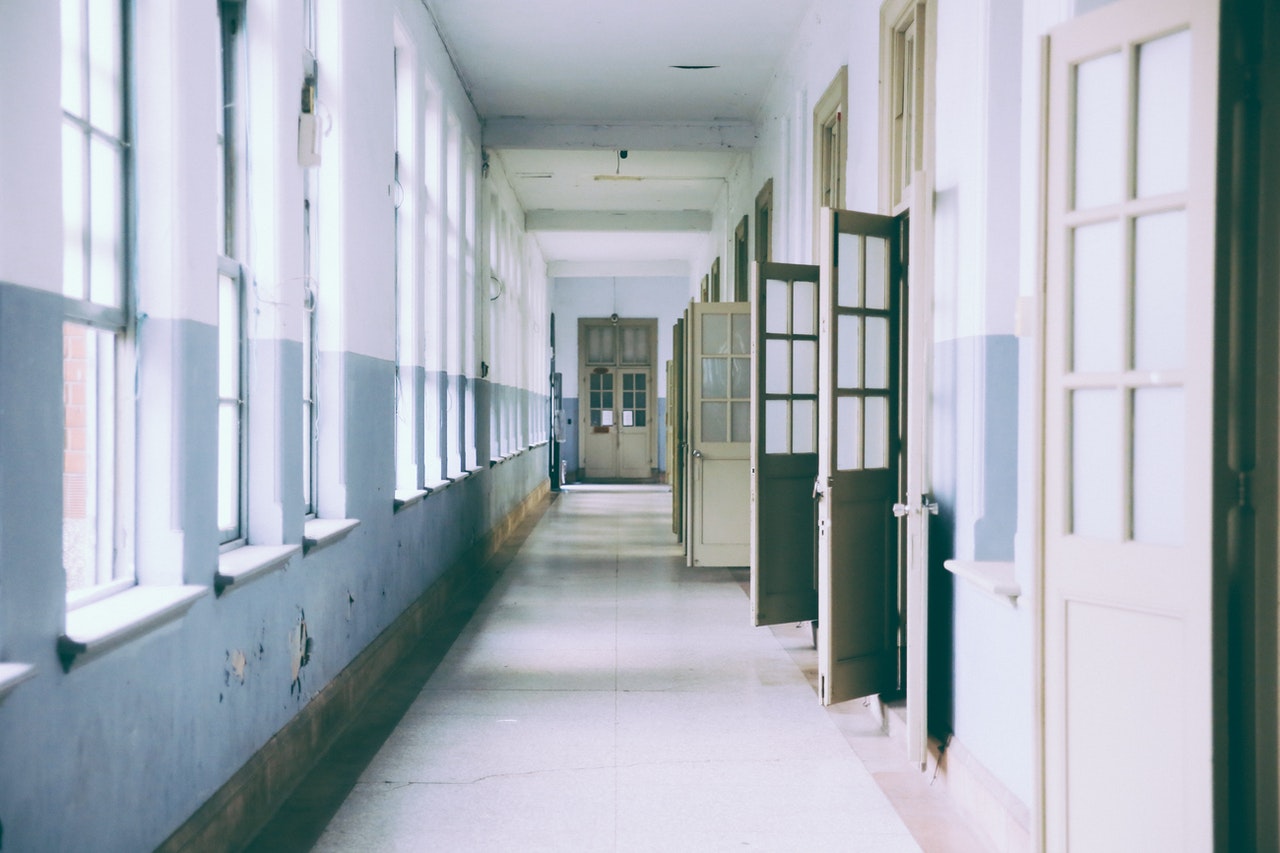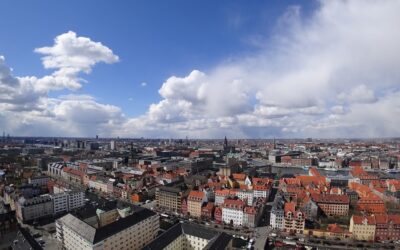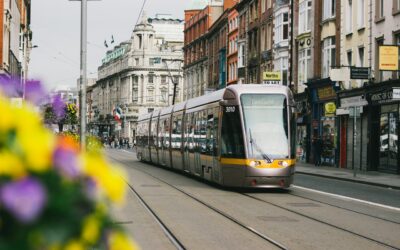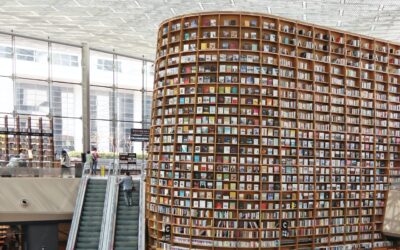If we can acknowledge that sharing resources, and trading currency in smiles are sufficient indicators of long-term sustainable bliss, then there is hope and purpose in new urban living. The tide appears to be changing already: with the effective and sustained spread of UN’s sustainable development goals, citizens across the planet are consciously responding to the wake-up call to preserve finite resources, and deploy them in a manner that is as efficient and purposeful as possible. The ingrained culture hitherto dominated by much fancied consumerism, characterized by buy, use (or sometimes just possess) and throw, is giving way to new attitudes of sharing, as well as practices of borrow, rent and repair. People are being awakened to adopt a thinking process of evaluating, among other considerations, the long-term utility value of their intended purchases (questions like how many times am I going to use this stuff in my lifetime?). Such considerations pave the way for new emerging markets of sharing resources (for a fee or just for the asking), supported by regulations that discourage items being ultimately buried in land-fills.
There is definitely hope; hope that requires strengthening, by thought and action by all stakeholders, to slowly reshape consumer economics into utilitarian and sustainable economics.






